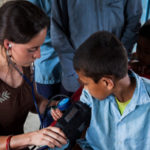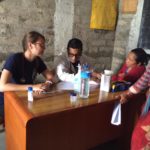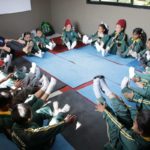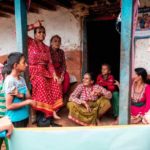Public Health and Medical Care
We envision healthy communities with people practicing hygiene and sanitation, healthy diet and lifestyles, people has access to quality health services and low incidence of infectious and non-infectious diseases through public health and medical care program.
Healthy Communities we envision to be
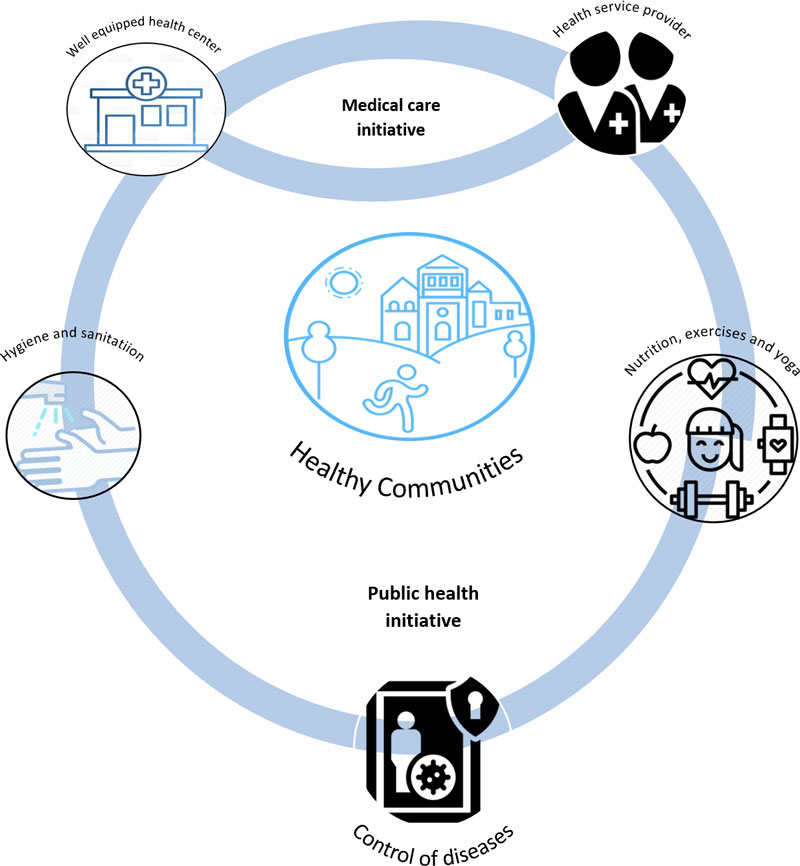

We envision healthy communities with people practicing hygiene and sanitation, healthy diet and lifestyles, people has access to quality health services and low incidence of infectious and non-infectious diseases through public health and medical care program.
We have medical care initiative to improve the quality of health care and public health initiative for the improvement of health, hygiene and sanitation.
Our concept of Public health projects to create healthy communities is based on ‘’Health for All’ theme. Health For All is a goal of the World Health Organization (WHO), that has been popularized since the 1970s and which envisions securing the health and wellbeing of people around the world. It is the basis for the World Health Organization’s primary health care strategy to promote health, human dignity, and enhanced quality of life.
Our projects are aligned with UN – sustainable development goals (SDG) 3 and 6. SDG 3 aspires to ensure healthy lives and promote well-being for all people of all ages. The SDG 3 targets for Nepal for 2030 are to reduce maternal mortality ratio (MMR) to less than 70 per 100,000 live births, to reduce preventable deaths to less than 1 percent of newborns and children, and to eliminate the prevalence of the human immunodeficiency virus (HIV), TB, malaria, other tropical diseases and water borne diseases. The targets also include reducing non-communicable diseases (NCD) by one-third and raising the proportion of births attended by skilled birth attendants (SBA) to 90 percent.
Likewise, SDG 6 is about ensuring the availability and sustainable management of water and sanitation for all. The proposed targets for 2030 include 95 percent of households having access to piped water supplies and improved sanitation, all communities being free of open defecation, and all urban households being connected to a sewerage system.
OUR
Reach out and achievements:
People benefited by Public Health & Medical Care
Infrastructure Development
Public Health: School Health Education
Medical Care
Public health: WASH Campaigns
Public Health: Education and Well being
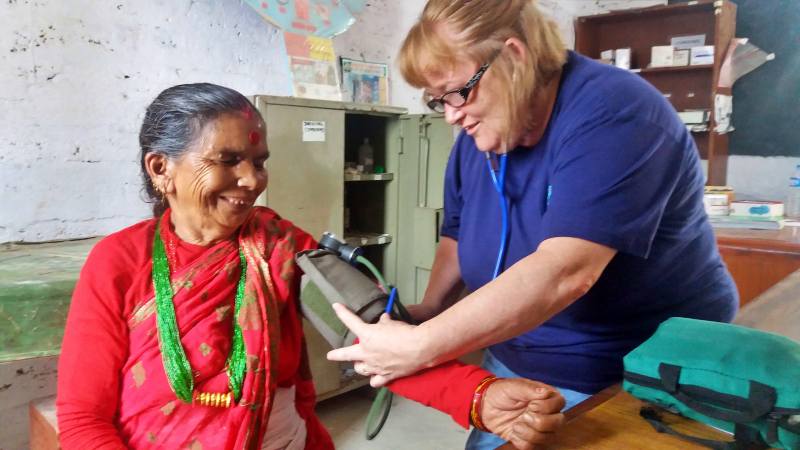
Current Situation
- 2 in 10 people still practise open defecation.
- 5 in 10 people do not have access to safe drinking water.
- 129 psychiatrist available per 100,000 populations.
- 5 in 10 children (13-15 years old) smoke tobacco.
Nepal is a poor country with more than 45% of the population under the poverty line. They do not have access to basic health facilities, water and sanitation. In many Terai parts of Nepal open-defecation is still practised. People do not hesitate to dump their household waste in rivers or on the sides of busy roads. Most of us are yet to realise the importance of sanitation for a healthy body and mind.
Similarly, rural parts of Nepal are not equipped with appropriate health facilities. Most of the times one general doctor is seen performing all medicine related concerns along with inexperienced nurse. In case a patient needs complex medical attention, they have to travel long distance. Most of the patients do not even make it to the hospital. Henceforth, ensuring public health and access to medical care is a huge challenge in Nepal.
Goal
To create healthy communities by controlling and preventing diseases and increasing people access to health, hygiene and sanitation facilities and education. By 2030, VIN aims that at least 80% of the target community has access to public health facilities and appropriate medical care services. Public Health and Medical Care Program focuses its projects under two very important SDGs:
Goal 3: Good Health and Well Being
Goal 6: Clean Water and Sanitation
Description
Volunteers Initiative Nepal has been working in marginalized areas of Nepal since 2005. In 2009, about 60% households had no access to drinking water and sanitation facility in Jitpurphedi, Kathmandu. In Okhaldhunga, the data was as high as 80% having no access to water and sanitation. The knowledge about public health and hygiene was absent. The insufficient number of health facilities that were present lacked appropriate manpower and technologies. The importance of public health and medical care was highly overlooked.
In response to the situation, VIN has been actively working in the arena of Public Health and Medical Care in three districts of Nepal. We conduct numerous free health check-ups and public health related campaign under our projects. VIN recognized the needs of every section of population and designs the activities accordingly. For instance, menstrual hygiene workshops are targeted to women, first-aid trainings are given to school-level children, yoga sessions target the old population and more. VIN mobilized its staffs, volunteers and medical personals to actively carry out awareness and health campaign in vulnerable communities.
Achievements:
A total of 1,43,842 individuals benefited through Public Health and Medical Care Program.
- 30,600 individuals were helped through Public health: WASH Campaigns. Numerous campaigns were conducted in community level
- School Health Education project has assisted 15,580 people in total. School-going children were given trainings on waste management, health and hygiene etc.
- Public Health: Education and Wellbeing project supported 7,753 individuals through first aid trainings, yoga, reproductive health campaign etc.
- 42,309 people were assisted through Medical Care project. A number of activities were conducted under the projects, such as mobile camps, health camps, sanitation hygiene education etc.
- 47,600 were benefitted through infrastructure development via construction of toilets, facilities upgrade, bins installation etc.
Research/Reports
To know more about Public Health and Medical Care in Nepal, please go through the following reports:
A Report on Pilot Study of National Mental Health Survey, Nepal – By Anjani Kumar Jha, Saroj Prasad Ojha and others
Situation Analysis of Ambient Air Pollution and Respiratory Health Effects in Kathmandu Valley – By Khem Bahadur Karki, Purushottam Dhakal and others

